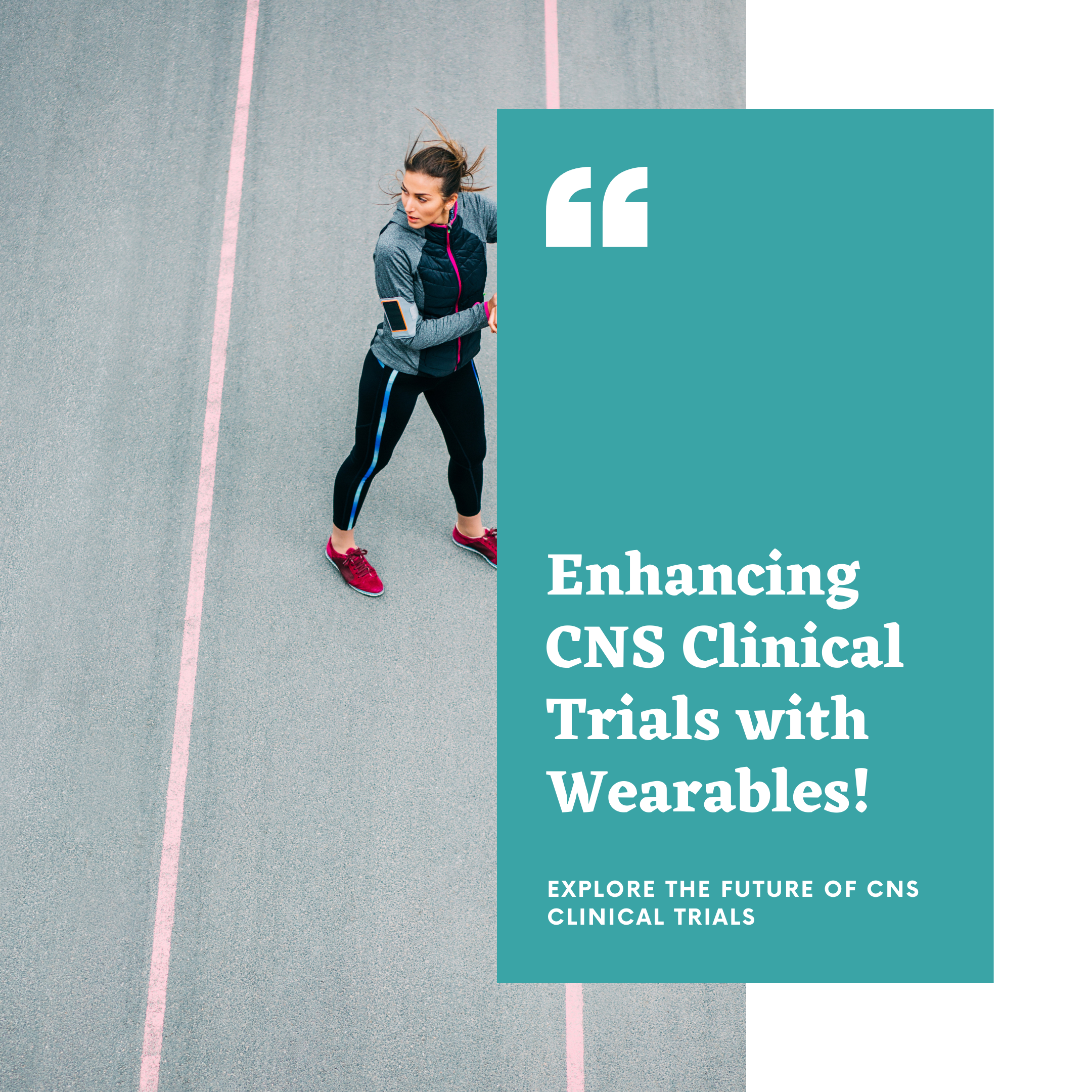Delve Health Provides the Technology Platform to Design Clinical Trials to Fit a Patient’s Lifestyle
Case Study: Enhancing Hypertension Clinical Trial Outcomes with Delve Health
Background A leading medical device company conducted a clinical trial to evaluate the efficacy of its new hypertension management device. The company faced challenges in
Case Study: Enhancing Data Collection in a Phase III Oncology Study
Client: Leading Pharma Company Study Phase: Phase III Oncology Study Challenges: Efficiently collecting patient-reported outcomes (ePRO) from a severely ill population. Ensuring high patient compliance

Diversity in Clinical Trials: FDA’s New Guidance and Delve Health’s Commitment to Inclusivity
Introduction Diversity in clinical trials is essential for ensuring that medical research is applicable to all patient populations. Recently, the U.S. Food and Drug Administration


Transforming Patient Outcomes: The Role of Wearables and Digital Biomarkers in Clinical Research
The Importance of Doing Something Different with Gathering Patient Outcomes Gathering accurate patient outcomes is more crucial than ever. This article explores the necessity of


Wearables in CNS Clinical Trials
Introduction The advent of wearable technology has revolutionized various sectors, including healthcare. In clinical trials, especially those focused on the central nervous system (CNS), wearables




























